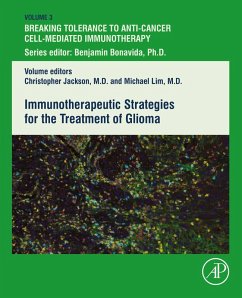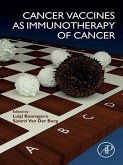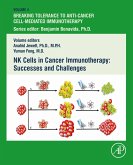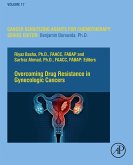Immunotherapeutic Strategies for the Treatment of Glioma provides a review of the current state of immunotherapy for primary brain tumors. The topic is of interest to patients, clinicians, and researchers alike, particularly given the recent failure of large clinical trials. This book serves as an overview of the most promising approaches in the field and provides a foundation for considering novel and combination therapies moving forward.
The book discusses several types of immunotherapies for glioma, such as peptide, dendritic cell and heat shock protein vaccines; immune checkpoint blockade; myeloid cells as target; oncolytic viruses; and CAR T cell therapy. Additionally, it discusses the mechanisms of immune suppression in patients and immunogenomics.
This volume is a valuable source for cancer researchers, oncologists and several members of biomedical field who are interested in novel strategies to fight glioblastoma.
The book discusses several types of immunotherapies for glioma, such as peptide, dendritic cell and heat shock protein vaccines; immune checkpoint blockade; myeloid cells as target; oncolytic viruses; and CAR T cell therapy. Additionally, it discusses the mechanisms of immune suppression in patients and immunogenomics.
This volume is a valuable source for cancer researchers, oncologists and several members of biomedical field who are interested in novel strategies to fight glioblastoma.
- Summarizes the work in immunotherapy for glioma to-date, including the available evidence from preclinical studies and clinical trials
- Reviews the challenges and successes of the most promising strategies for brain tumor immunotherapy
- Provides a foundation for considering novel and combination therapies moving forward
Dieser Download kann aus rechtlichen Gründen nur mit Rechnungsadresse in A, B, BG, CY, CZ, D, DK, EW, E, FIN, F, GR, HR, H, IRL, I, LT, L, LR, M, NL, PL, P, R, S, SLO, SK ausgeliefert werden.









